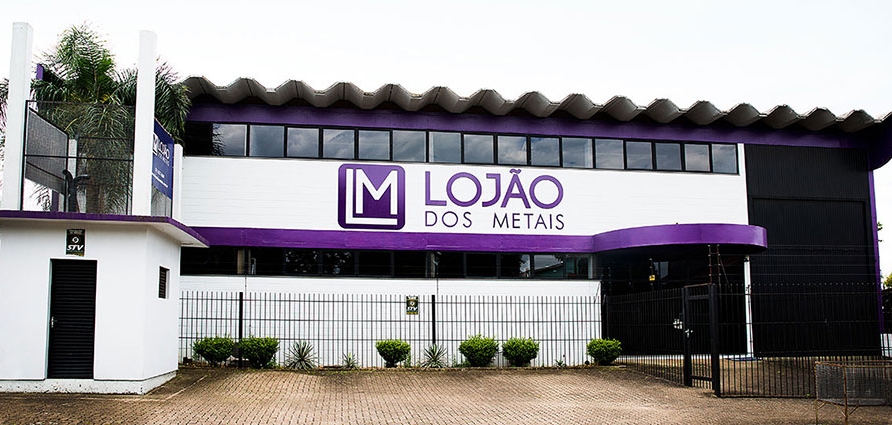


Metals have high durability and mechanical strength and are used for the manufacture of numerous objects, such as brass and products you find in the Metal Lojão.
Metals are classified into two large groups, according to their composition: ferrous ? basically iron and steel, and not ferrous ? aluminum, copper, lead, nickel and zinc. Recycling metals is a very efficient activity, as metal can be recycled numerous times, in addition, the recycled metal has practically all properties of the common metal.
The metal recycling process depends primarily on the collection and separation phases of materials. The collected metal residues are separated in the grinding centers between ferrous and non-ferrous and also by type and characteristics.
As ferrous metals have magnetic properties, their separation from other waste can be done by using electromagnets. Separate waste is pressed, classified and forwarded to specific recycling stations. In these stations the residues are rid of impurities, melted and transformed into new products.
Recycling non-ferrous metals arouses greater interest due to the value of its scrap, but recycling of iron and steel scraps is also quite accomplished, especially in the steel mills and casting industries, which use ferrous scrap as raw material. Most metal waste can be recycled, such as aluminum and steel cans, wires, bottle caps, pans, wires among many others.
Steel is among the most recycled materials worldwide. The steel scrap market is quite solid throughout the planet, and the industries themselves use steel as raw material stimulate the collection and recycling of this material, because they need scrap to make a new steel.
Recycled steel returns to the car-shaped market, beams for construction, wires, rebars, cans among other products. The new objects have no quality loss compared to the original steel.
Aluminum is also a widely recycled metal, and recycling can be made from the leftovers of the production process itself or the scraps of the products, such as beverage chips, for example.
In Brazil, the recycling of aluminum is quite old, since 2001 the country is a leader in the recycling of aluminum cans, reaching almost 100% recycling of beverage cans, in relation to the total marketed in the domestic market.
